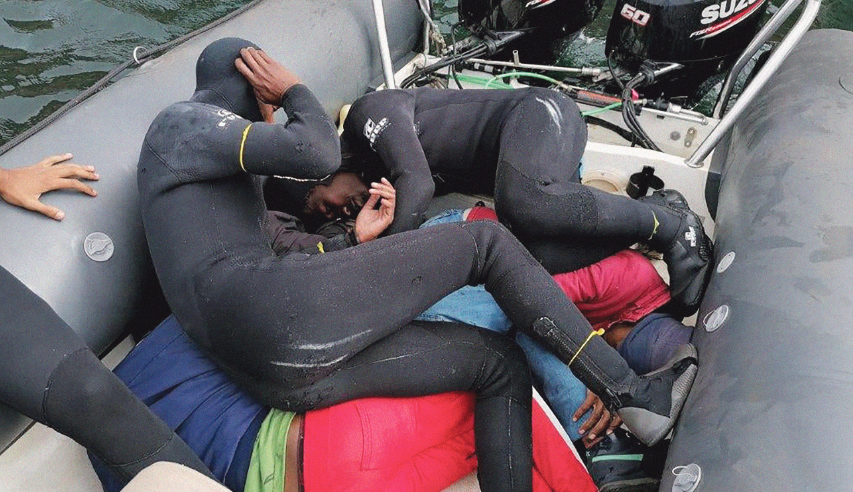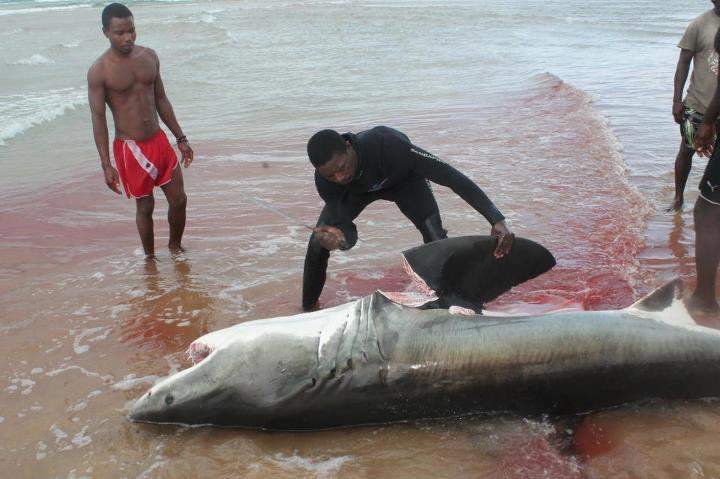Abalone: Policies that turn Quota Holders into Poachers
Abalone: Policies that turn Quota Holders into Poachers Abalone: Policies that turn Quota Holders into Poachers: In 2004, in a great leap towards undoing the wrongs committed in the apartheid era, 301 abalone quotas were awarded, mostly to individuals from previously disadvantaged fishing communities. The Fishing Rights Allocation Process (FRAP2004) was fair and open to … Read more


